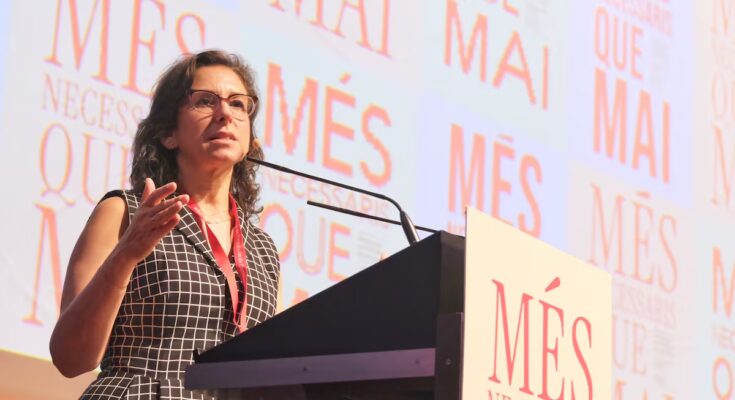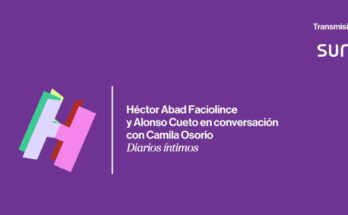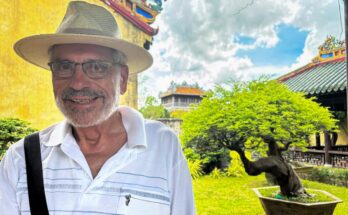The VII Congress of Journalists of Catalonia, which closed this Saturday after two days of work, culminated with the approval of the new Code of Ethics for Catalan journalism, an update that adapts the ethical principles of the profession to the new, rapidly changing social and technological challenges that the sector is facing. The reform received the support of 95.9% of participating members, who were able to vote online during the Congress. The new text includes improvements in articles and new annexes that address issues such as the treatment of suicide, the climate crisis, image manipulation, artificial intelligence, the treatment of diversity and conflict, and the prevention of plagiarism.
“With this new Code, the College of Journalists of Catalonia reaffirms its commitment to honest and rigorous journalism at the service of citizens. The world changes and our ethical framework must respond to the new challenges of the profession”, declared Joan Maria Morros, dean of the College of Journalists of Catalonia. For his part, Josep Carles Rius, president of the Information Council of Catalonia (CIC), underlined that “this reform is the result of collective work that updates the essential values of journalism and strengthens trust between professionals and society”.
The new Code of Ethics is the result of an open and participatory process promoted by the College and the CIC, with the contribution of the College Working Groups, universities and civil society bodies. The new annexes included respond to the need to adapt ethical principles to new information contexts and strengthen the social responsibility of journalism in the face of disinformation, hate speech and the impact of technology.
This document that guides the profession, in force for more than thirty years, continues to be the ethical reference for information professionals and the general public. This update consolidates the profession’s commitment to truthfulness, transparency and plurality. The congress brought together more than 800 accredited professionals, of which 700 participated in person and more than 100 online, consolidating itself as the main meeting point for the journalistic profession in Catalonia.
The event was attended by more than 99 national and international speakers, who addressed issues such as media sustainability, conflict coverage or the role of artificial intelligence in information production. One of the most inspiring aspects of the Congress was the opening lecture by Journalist Jodi Kantor The New York Times and the Pulitzer Prize, recognized for his investigation of sexual harassment cases in Hollywood that fueled the #MeToo movement. His speech highlighted “the importance of courageous and independent journalism as a tool for changing reality”.



